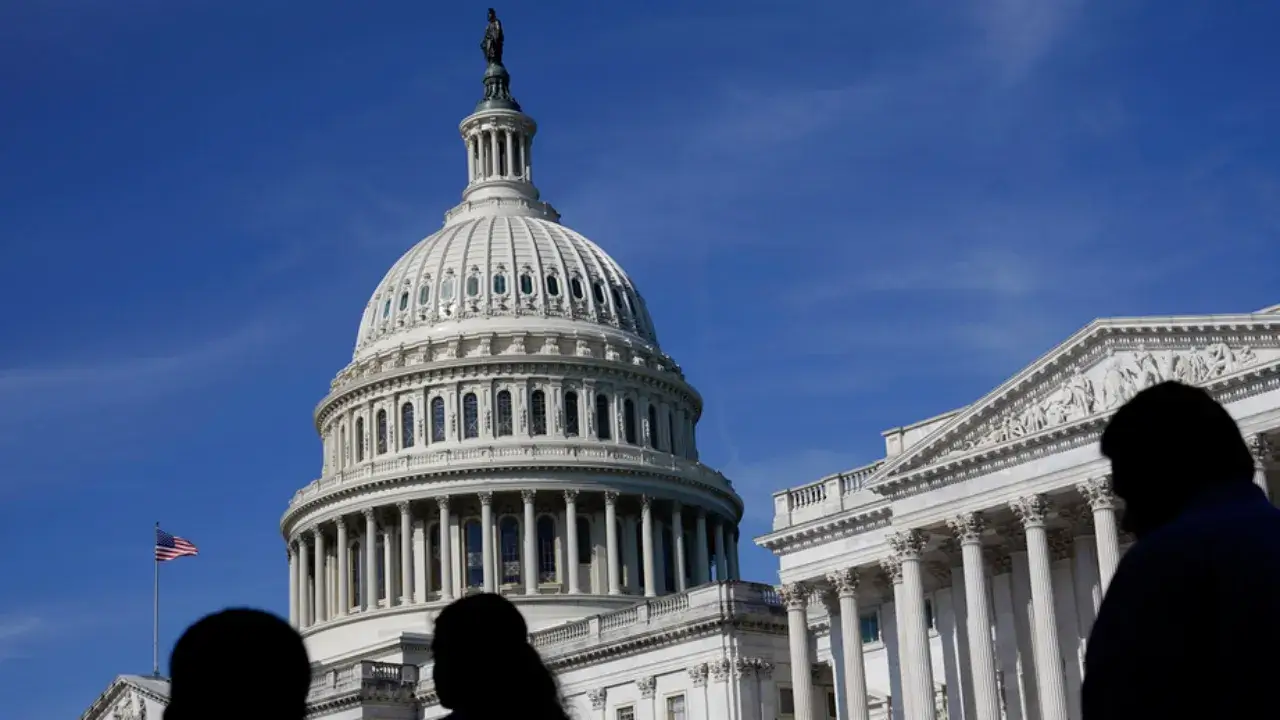Fitch Warns of Possible US Credit Rating Downgrade Despite Debt Ceiling Deal
Fitch Ratings, one of the major global credit ratings companies, has indicated that it might downgrade the US credit rating. Despite the recent debt ceiling deal reached by the U.S. House and Senate.
The United States currently holds an AAA credit from Fitch, signifying the lowest expectation of default risk for creditors.
However, a potential credit rating downgrade would result in higher borrowing costs for the country. And divert funds from other important priorities.
In May, Fitch placed the US credit rating on a “rating watch negative.” While the debt ceiling deal viewed as a positive development.
Fitch expressed concerns about the growing political polarization in Washington. Company plans to make a final decision regarding the rating by the end of September.
Fitch Ratings Concerns Over US Credit Rating

Fitch stated that repeated political standoffs surrounding the debt limit and last-minute suspensions before the x-date, when the government may face difficulty in meeting its financial obligations, diminish confidence in governance concerning fiscal and debt matters. Fitch’s recent announcement emphasizes the impact of these political dynamics on the credit rating.
Fitch acknowledges that the US credit rating is supported by several exceptional strengths, including the size of its economy and high GDP per capita.
However, the company warns that these strengths could be undermined by governance shortcomings.
Fitch points to a steady deterioration in governance over the past 15 years, citing increased partisanship, the contentious 2020 election, and the failure to address fiscal challenges associated with mandatory spending.
In summary, Fitch raises concerns about the potential downgrade of US credit rating, despite the recent debt ceiling agreement.
The company highlights the impact of political standoffs and a deterioration in governance on the country’s creditworthiness.
While the U.S. possesses notable strengths, Fitch emphasizes the need for effective fiscal and debt governance to maintain its current rating.
The final decision regarding the rating is expected by the end of September and could have significant implications for borrowing costs and the allocation of funds towards various priorities.





